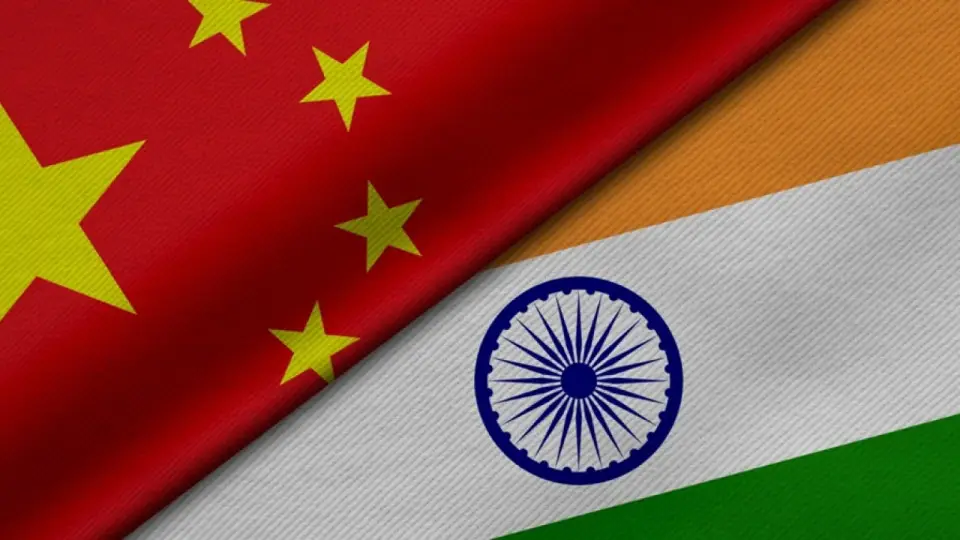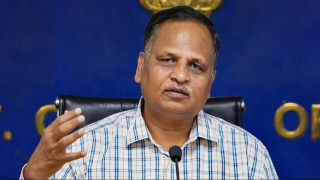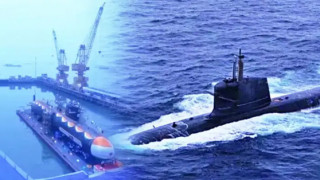
India vs china (Social Media)
National News: As China races ahead with the construction of the world’s largest hydropower dam on the Brahmaputra River in occupied Tibet, India is gearing up with its own counter-strategy. The geopolitical significance of this river—known as the Yarlung Tsangpo in Tibet and the Siang in Arunachal Pradesh—is now becoming a serious point of contention. With water emerging as a new frontier in global strategy, the possibility of a “water war” looms large between the two Asian powers.
China is building a colossal hydropower project near the Great Bend of the Yarlung Tsangpo, just before it enters Indian territory. This dam is expected to have a generation capacity exceeding 60 gigawatts, making it the world’s largest. The project is part of China's broader South-North Water Diversion Plan, aimed at addressing water scarcity in northern China.
While Beijing claims the project is for clean energy, concerns have mounted in India about its potential to manipulate river flow, especially during conflicts or natural disasters.
India is planning to build two major storage dams—one at Yingkiong and another in the Upper Siang region of Arunachal Pradesh. These proposed dams will have a combined storage capacity of 9.2 billion cubic meters. Their dual purpose includes:
Whether it's China's megastructure or India's counterplans, both come with significant risks:
India has already experienced environmental shocks linked to the Brahmaputra and its tributaries:
These events serve as critical warnings—delay can be disastrous.
India has begun laying down technical groundwork:
But experts caution: sensors alone won't secure India’s water future.
To safeguard its interests, India must pursue a broad-based strategy:
The brewing tension between India and China over the Brahmaputra is not merely an environmental concern — it's a strategic flashpoint. As both nations race to secure water resources, the need for diplomatic foresight, ecological caution, and regional cooperation becomes urgent. In an era where water is power, India must be proactive, not reactive. Because the battle over rivers could shape the balance of power in South Asia for decades to come.













Copyright © 2025 Top Indian News
